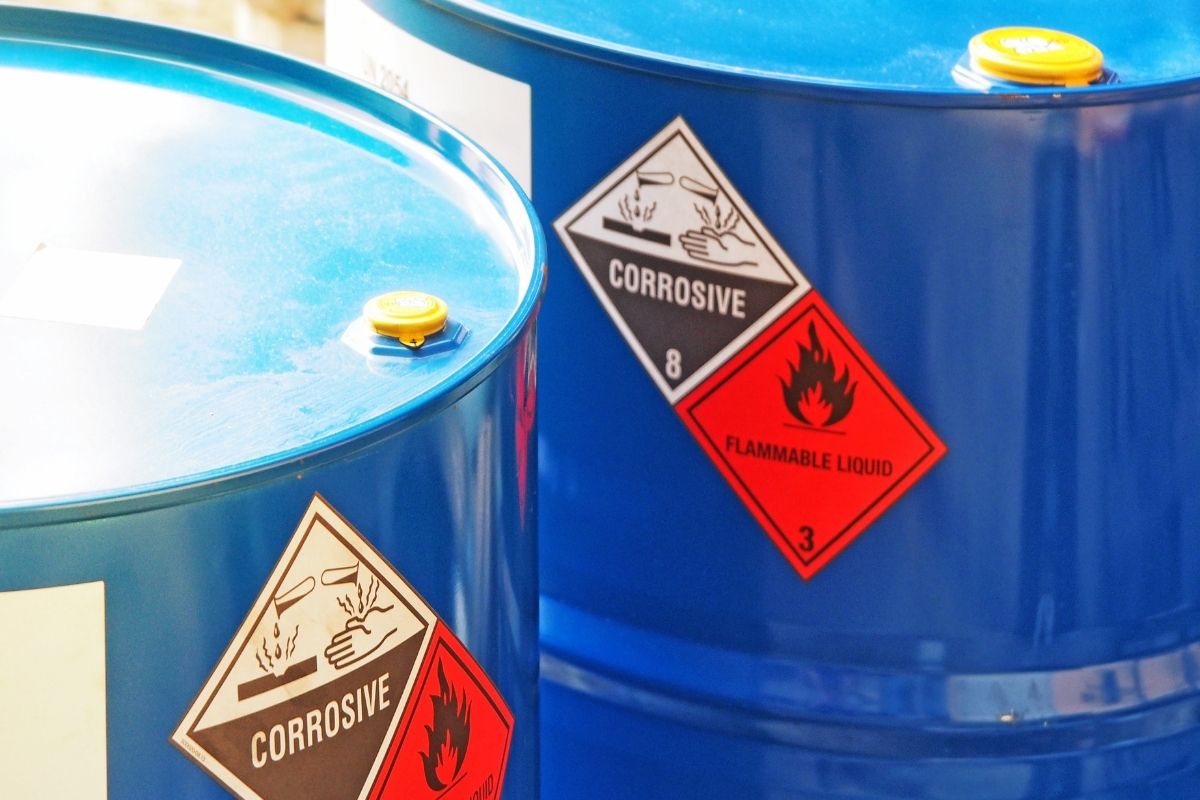When it comes to running a business in Arizona, knowing proper waste disposal is essential. Federal and local regulations dictate how you must classify, store, and get rid of certain materials, whether or not they are toxic. Failure to adhere to these guidelines could be detrimental to your company, leading to hefty fines and suspended operations. Learning the difference between hazardous and nonhazardous waste can help you avoid mistakes
What Is Hazardous Waste?
The Environmental Protection Agency (EPA) defines hazardous waste as any kind of excess that poses a significant risk to public health, safety, and the environment. These materials have high levels of regulation to protect ecosystems and human populations from harm. Hazardous waste has the potential to pollute water, air, and soil, exposing people and animals to dangerous materials.
When you hear the words “toxic” or “hazardous,” your imagination might stop at poisonous chemicals and corrosive materials. The truth is, there are many other forms of dangerous materials that you should be aware of as a business-owner, including:
- Motor oil
- Paints and solvents
- Cleaning materials
- Batteries
What Is Nonhazardous Waste?
Nonhazardous waste does not meet the EPA’s criteria for hazardous waste classification. However, this doesn’t mean that federal and local entities don’t monitor this kind of material. The term “nonhazardous” simply means the waste is less likely to cause harm. Therefore, it may have a more streamlined disposal process.
Certain governing bodies still control businesses’ nonhazardous waste, which still have special removal methods. Even though it’s less dangerous to people and the environment, governments still track its generation and disposal for the greater good. Some common examples of nonhazardous waste include:
- Unused medical supplies
- Paper products
- Sludge and ash
- Uncontaminated wastewater
Why Does It Matter for Businesses?
Businesses that fail to follow the EPA’s rules can receive harsh punishments that can damage their operations. In addition, these oversights can hurt their overall brand in a society that continues to prioritize sustainability. Companies can avoid making detrimental mistakes by employing a waste management company to handle disposal. When choosing a waste service for your business, make sure to select a reputable company that’s knowledgeable about federally mandated guidelines and your area’s regulations.
Arizona business leaders must do their due diligence to protect their companies and follow waste disposal rules. Now that you know the differences between hazardous and nonhazardous waste, you can make better decisions for your company while improving environmental conditions.








Leave a Reply